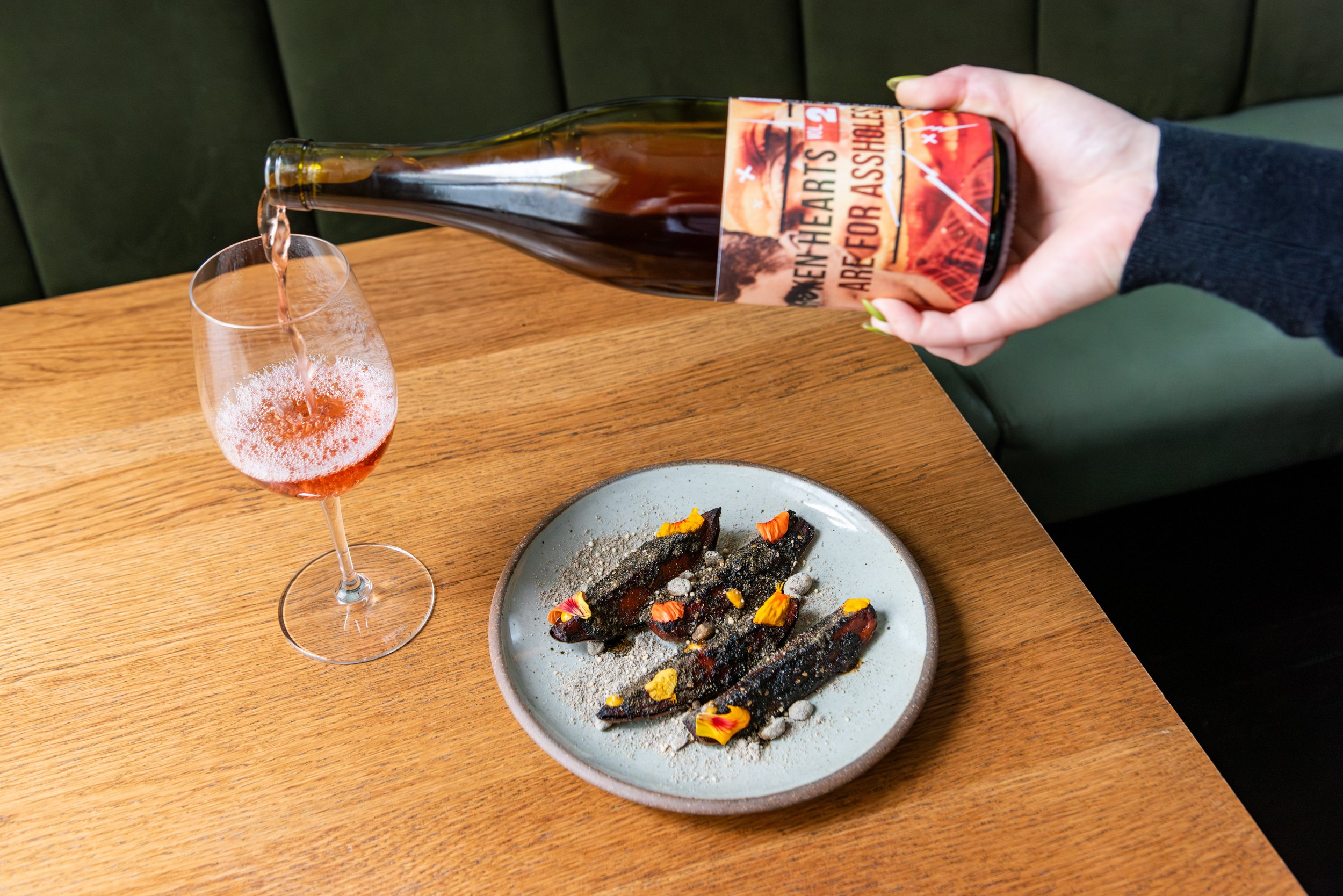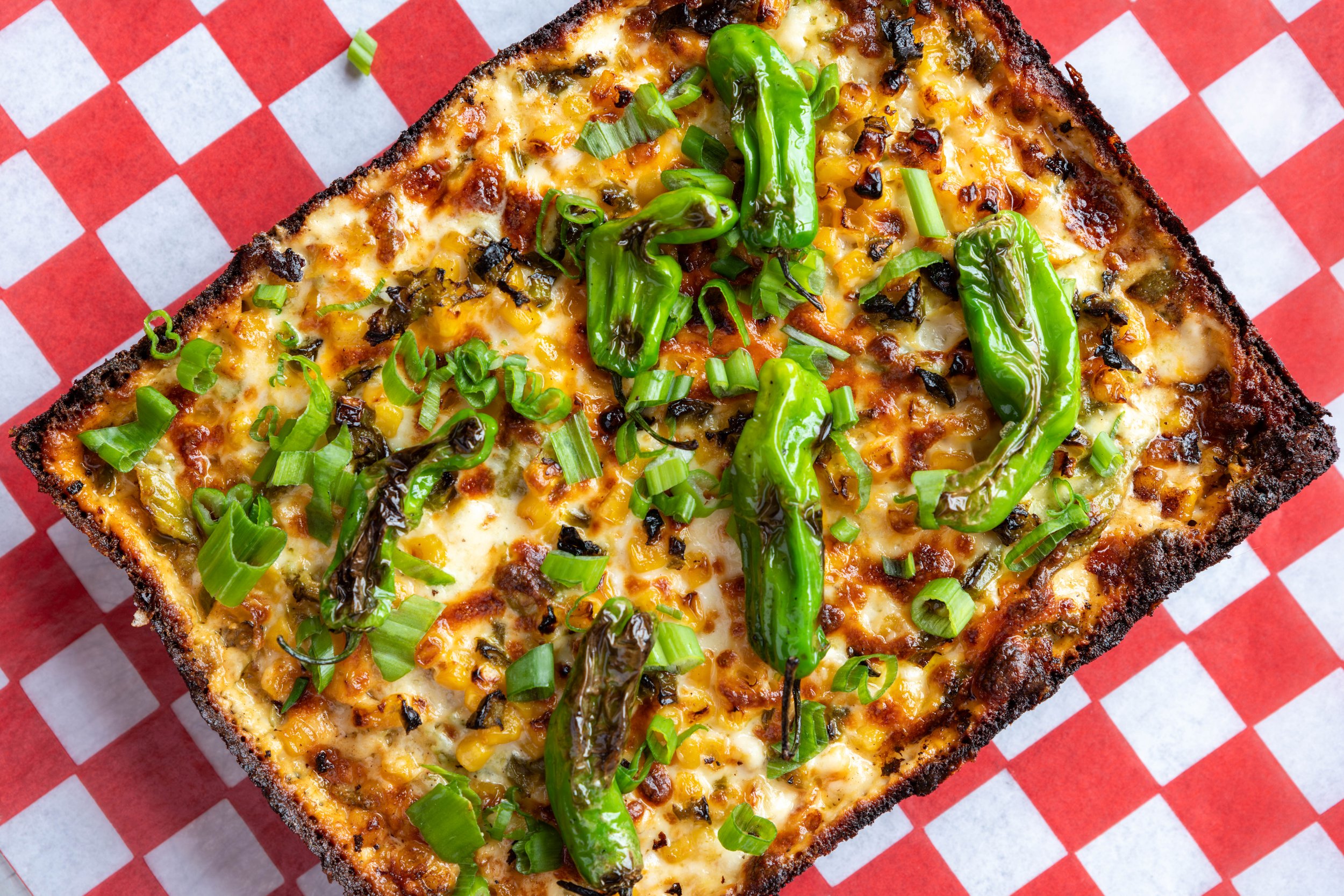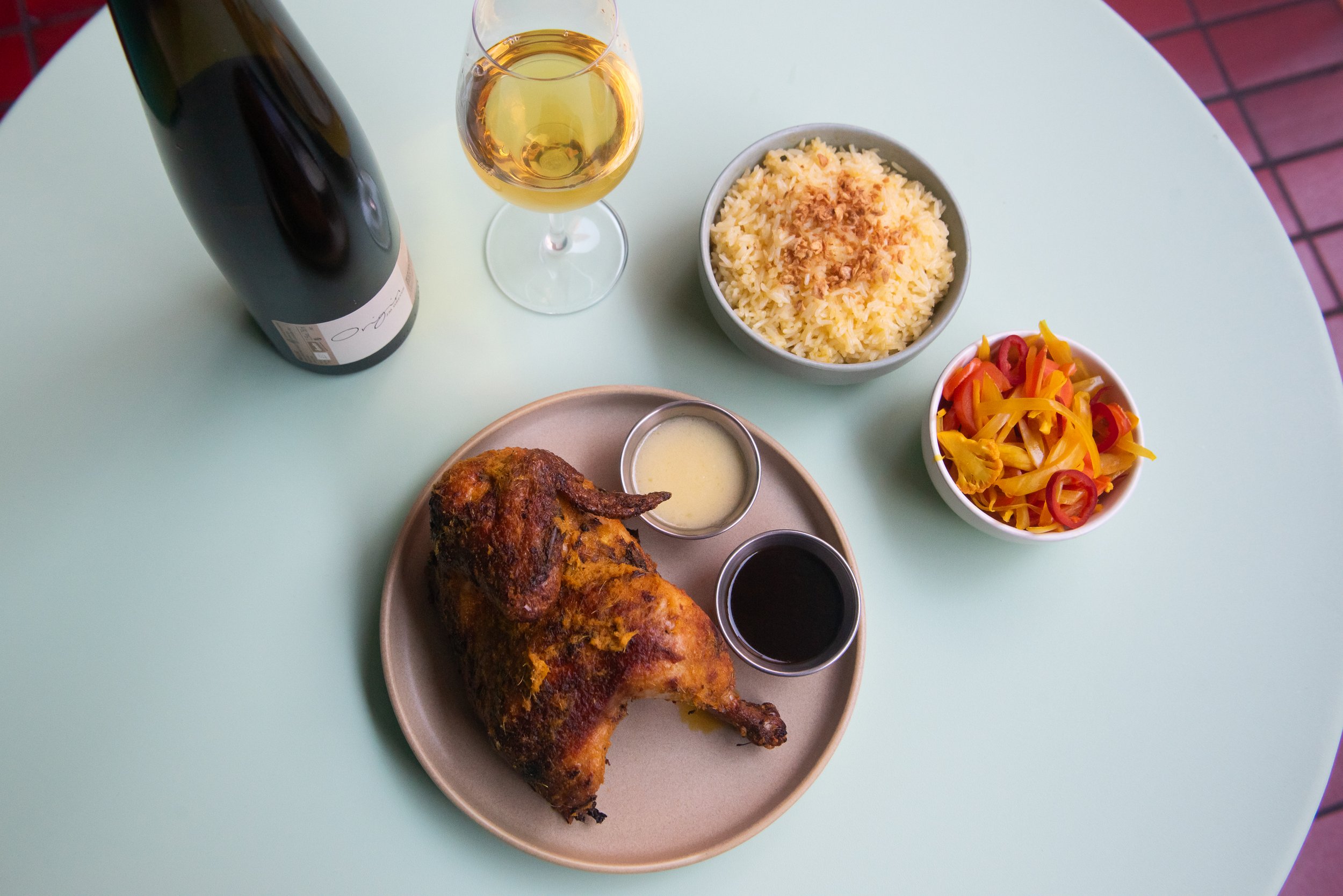A Changing World Requires a Changing Industry
When Claus Meyer decided to put down roots in New York, he wanted to build a business that honored the craft: human beings, sitting around a table, sharing the fruits of our imagination.
Photo: Thomas GronDahl
For centuries, the culinary field has served as a refuge, a home for those whose talent might not have been expressed were it forced to navigate the formal avenues to success. Historically, kitchens have been places where otherwise marginalized people—women, minorities, immigrants, the working poor—have endowed world cuisine with some of its most enduring contributions. This is an honorable legacy of the craft.
It has also long been true that the fruits of this creativity and hard work have been reserved for too few. However, many of you in the modern culinary industry have made true progress, positively impacting food systems and striving to offer better working conditions to employees. Still, many food workers in America and the world are exposed to hazardous conditions while earning salaries below a living wage with little or no access to healthcare and struggling to provide for their families. We must, as leaders in the culinary field, continue to fight this with all our strength.
One of my hopes when coming to New York was that, with our initiatives, we would be able to carry on the fight. At Meyers USA, we offer a living wage to all employees, affordable health insurance, paid parental leave, and opportunities for advancement. Our employees receive two days paid leave per year to volunteer at an organization of their choosing. These are employment features common in my home country of Denmark, but that buck the global standard.
This is an industry with razor-thin profit margins, and even the most successful of us sweat to keep afloat. However, as we have implemented practical statements of trust and mutuality into our organization’s systems, we discovered that the improved cohesion in our teams has affected the families and communities of our workers for the better—and sometimes, even our profits. As we move forward we will explore concepts that reflect these ideals, such as profit sharing and employee co-ownership, and continue to train and employ those who might otherwise not have the chance to build stable, rewarding careers.
At the Brownsville Community Culinary Center in Brownsville, Brooklyn, one of New York City’s most historically underserved neighborhoods, we will train at-risk youth in the culinary arts through our Melting Pot Foundation, paying participants stipends as they engage a 10-month, on-site apprenticeship program. The Center will feature an eatery, largely operated by participants and designed to offer locals fresh, healthy foods at affordable prices—with a 50 percent discount for food stamp recipients. We will mill flour on-site and bake fresh bread daily. There will even be a community-operated radio station!
Far from imagining that we could waltz in and deliver a solution to the people of this amazing and vibrant neighborhood, we developed the concept with the input and collaboration of residents and stakeholders. With this project, we hope to offer a resource to emerging talent that prepares them to work with dignity and fulfill their creative destinies while being of service to their community.
— Claus Meyer







